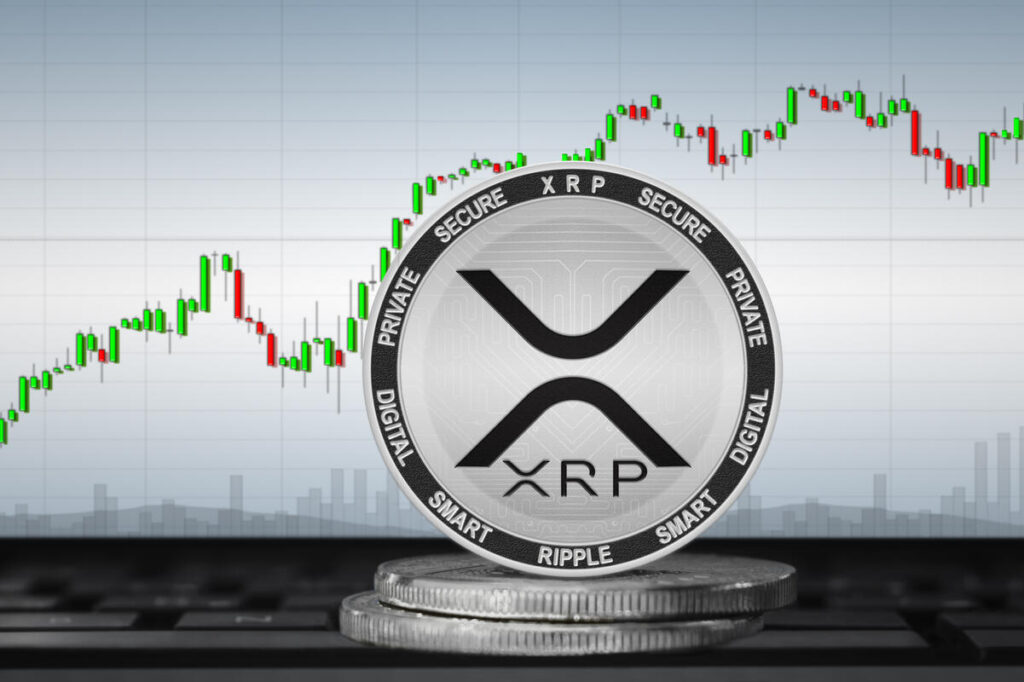Binance.US has firmly responded to the United States Securities and Exchange Commission’s (SEC) recent motion to compel and reply, characterizing most of the SEC’s demands as “unreasonable” and “unduly burdensome.”
In a legal move made on September 12, attorneys representing BAM Trading Services, the entity operating the Binance.US cryptocurrency exchange, submitted confidential documents contesting the SEC’s request for additional information from Binance.US.
The defendants contended that the SEC’s requests for production and interrogatories were excessively broad, imposing an undue burden and extending beyond the scope defined in the consent order.
They further criticized the SEC’s pursuit of certainty and their requests for depositions of BAM CEO Brian Shroder and CFO Jasmine Lee, deeming them “unreasonable.”
BAM’s legal representatives emphasized that the SEC’s motion failed to identify any evidence implicating Shroder and Lee in the day-to-day management details related to the custody and transfer of customer assets at Binance.US.
The attorneys argued, “BAM’s CEO and CFO have no unique knowledge regarding facts relevant to the limited topics identified in the consent order’s expedited discovery provision.”
They also highlighted that BAM had presented alternative witnesses, like BAM’s Chief Information Security Officer, Erik Kellogg, who possessed more pertinent insights into BAM’s operations.
READ MORE: Vitalik Buterin’s X Account Breached: Over $691K Lost to Malicious NFT Link
The lawyers contended that the burden imposed by the requested depositions far outweighed any potential benefits and that the discovery sought was disproportionate to the needs outlined in the consent order.
Moreover, BAM’s legal team contended that the SEC had failed to provide any substantive evidence to support its allegations of asset diversion, characterizing these allegations as “misleading and mistaken.”
The attorneys pointed out a “complete disconnect” between the SEC’s “overbroad and abusive approach” and the limited expedited discovery framework to which the SEC had previously agreed in the consent order.
BAM’s response came shortly after both the SEC and Binance reached an agreement on a protective motion.
This motion mandated the filing of confidential information under seal, with restricted access only to specific parties including the judge, attorneys, plaintiffs, and defendants.
This joint motion was submitted on September 11, ensuring the confidentiality of protected materials in the ongoing legal proceedings.
Other Stories:
Coinbase CEO Foresees Crypto’s Major Role in 2024 Elections, Urges Clearer Regulations
Terra Classic Community Proposes Minimum Deposit Hike to Combat Spam
Rise of Senior Executives Leading Digital Asset Strategies Signals Investment Firm Transformation







